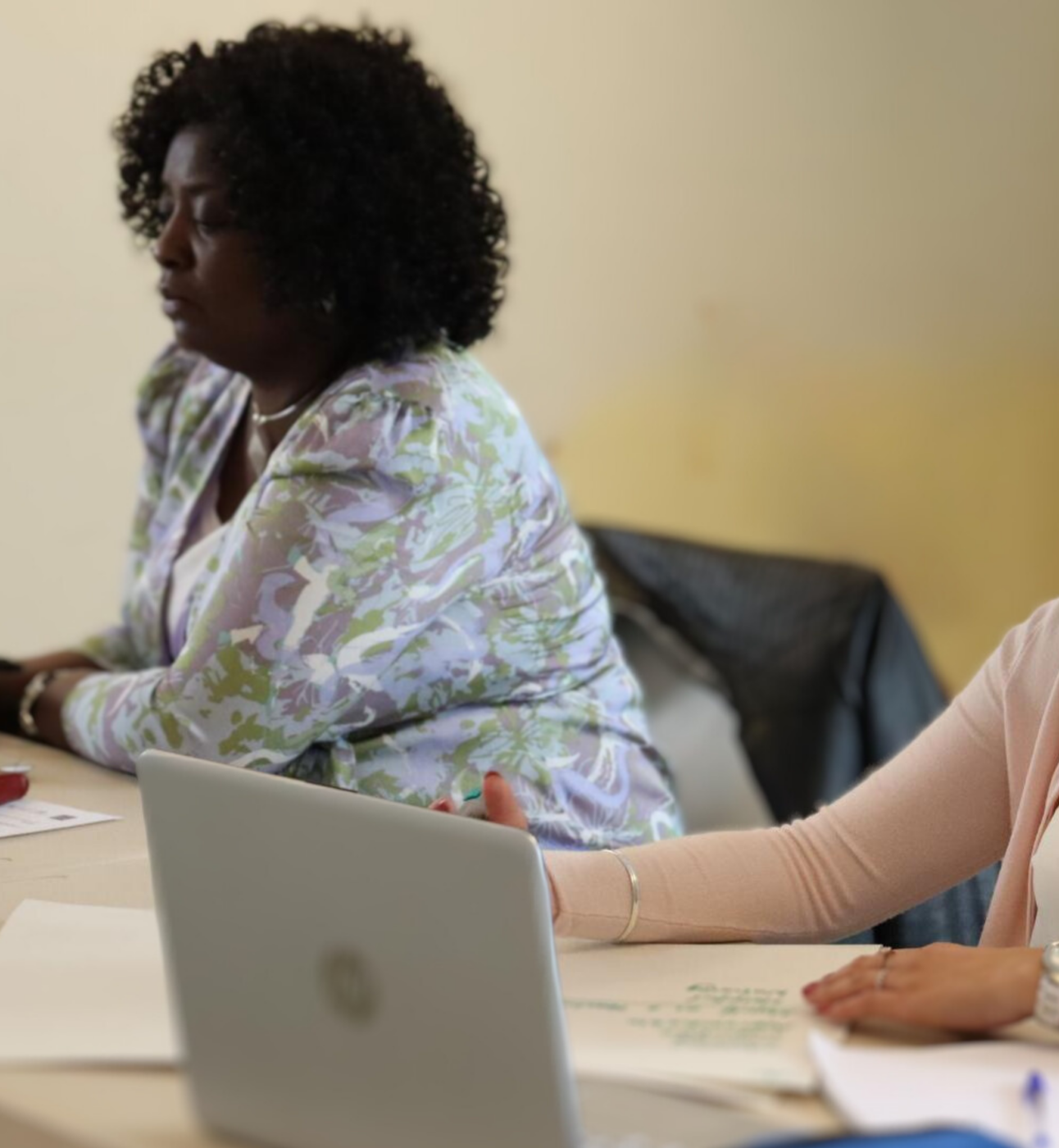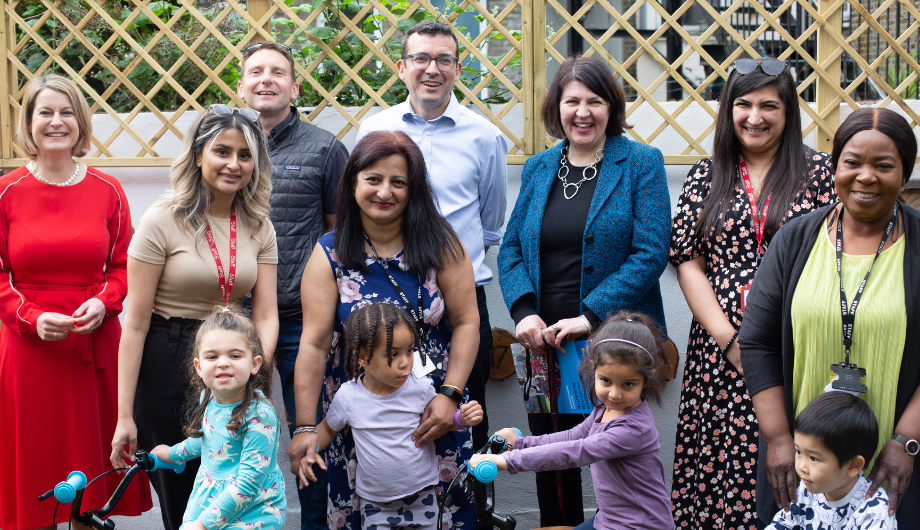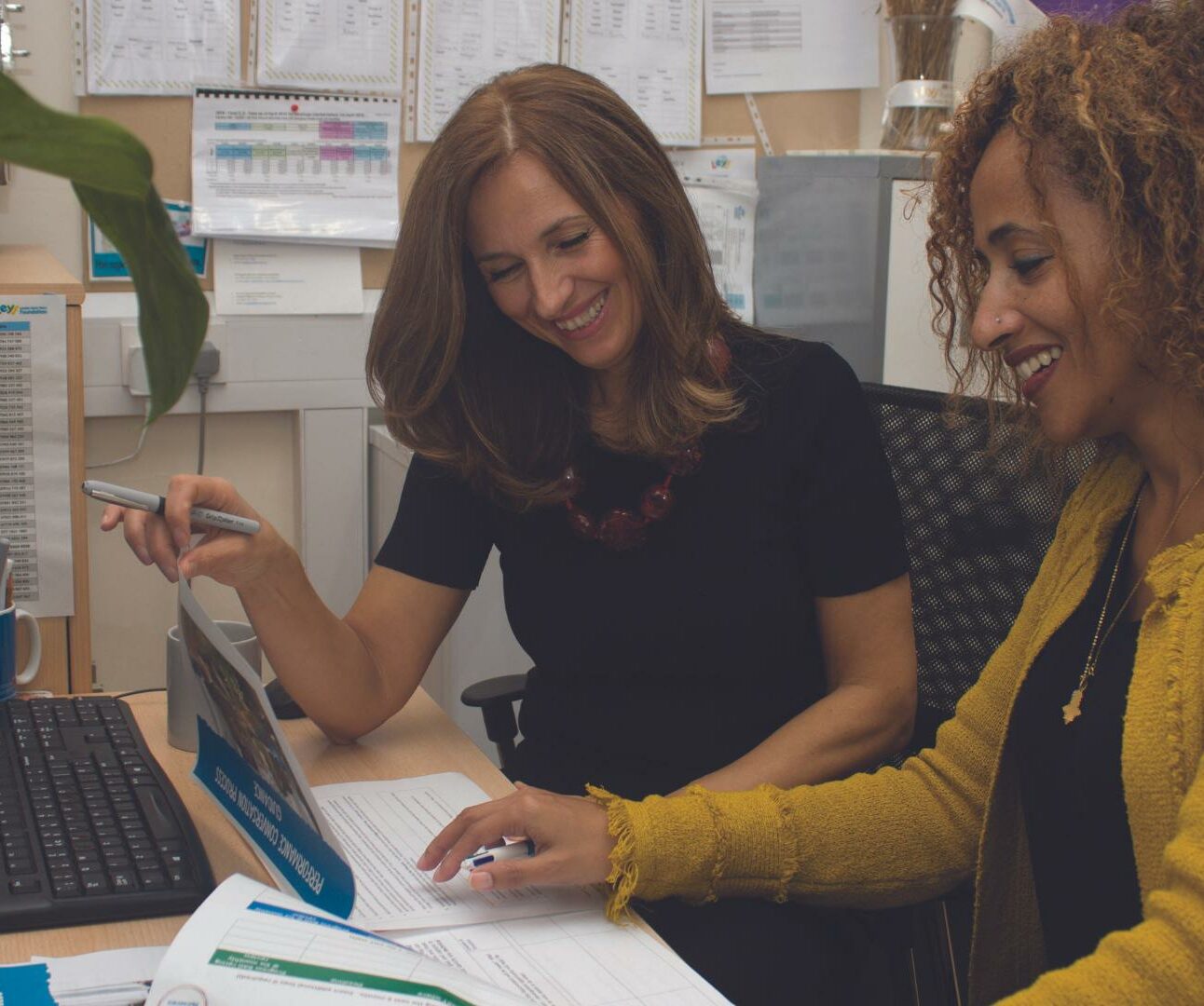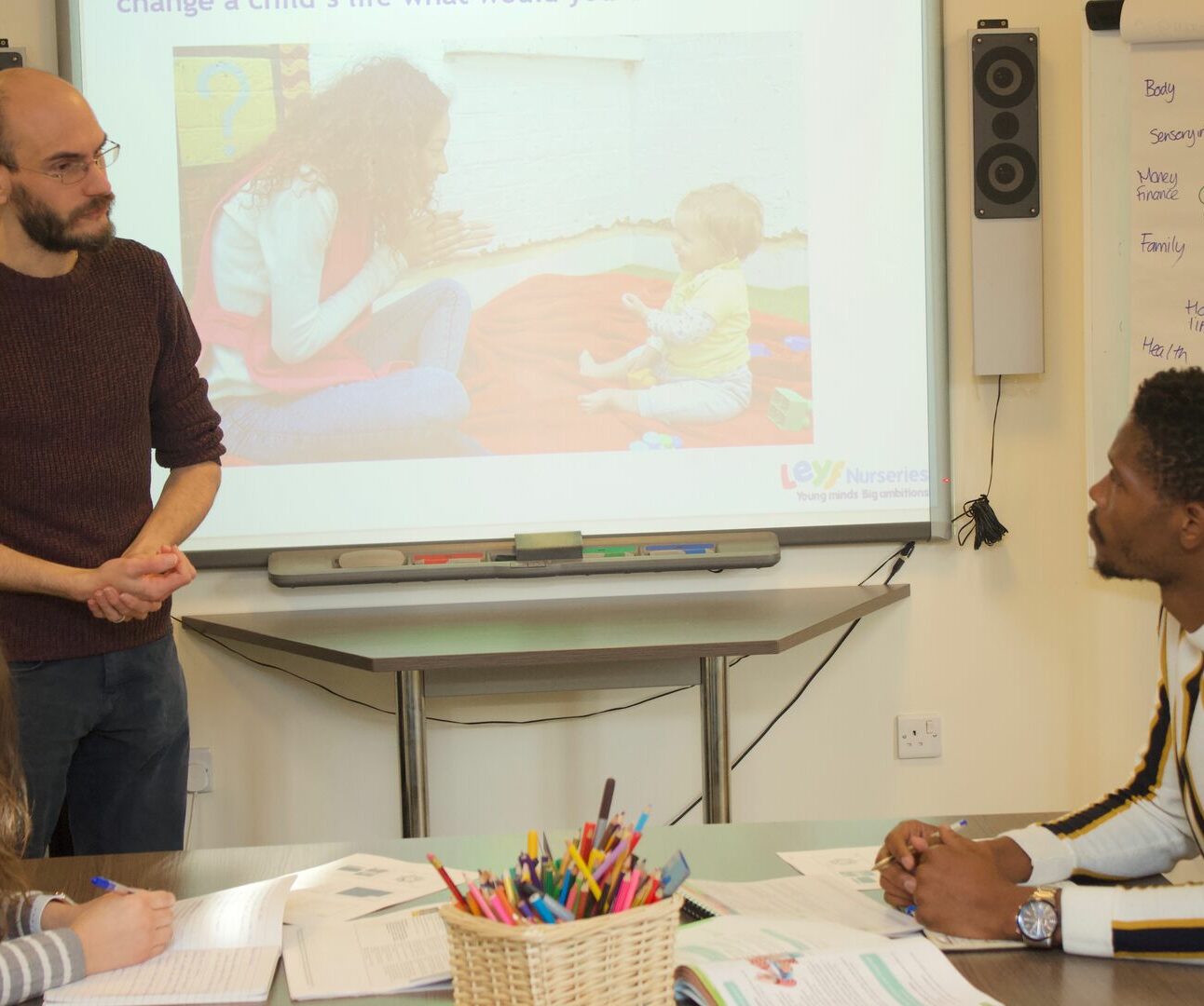
London Institute
of Early Years
A Global Centre for Excellence

We never stop learning, researching and improving our practice.
International research shows that high quality Early Years Education and Care (EYEC) enhances a child’s potential, which can support them to have the best life chances.
Our purpose is to change the world one child at a time and we can only do that with the right staff and the right pedagogy. The London Institute of Early Years provides high quality education to teachers that is relevant to every child.

LEYF has collaborated with the charity Prison Advice and Care Trust (Pact) that supports prisoners, people with convictions, and their children and families to co-produce the first-ever downloadable toolkit around parental imprisonment for all Early Years settings nationwide. The aim is to help practitioners to understand and best support children affected by the imprisonment of a parent or close relative.
Early Years teaching is underpinned by solid theories and research, and delivered by staff who consistently identify, share and anchor ways to improve our practice to benefit all children, but especially those from more disadvantaged families and circumstances.
The LEYF pedagogy provides a framework which guides staff to become confident pedagogical leaders and teachers.
By conducting action research through a reflective learning loop, teachers develop the confidence, knowledge and skills to extend and deepen their practice and drive innovation.

Find out more about the launch of our Bikeworks report in Newham
We never stop learning, researching and improving our practice.
We never stop learning, researching and improving our practice.
Through many practical situations, staff develop experience which provides guidelines for their next practical actions.
Schon (2001) talks of people acquiring practical competence through reflecting on their own practice while they work, and especially using conversations, dialogue and regular work opportunities, such as supervision and action learning communities.

Common research approaches used by LEYF staff to conduct their research includes:
An example of a report based on action research is our Rethinking Bikes in the Nursery.
Our CEO and trainers are experienced action researchers and published authors. Please click on these links to see a selection of their work.
June O’ Sullivan OBE is a published author and sought after speaker and media commentator on Early Years, Social Enterprise, Child Poverty and Sustainability. June is currently completing a part time PhD in developing sustainability informed staff in the Early Years.
Mandy Cuttler is a published author and researcher with articles focussed on practice with babies and fostering Pedagogical Leadership through Action Research.
Nick Corlett leads Green LEYF, our sustainability strategy. Nick is well-known in this area and has co-authored articles and publications including the book, 50 Fantastic Ideas for Sustainability.
Conor Bathgate lectures on the LEYF degree programmes and is a published author on the topic of Men in Childcare and babies.
We partner with other organisations across the sector that share our values to deliver consultancy and training.
Please get in touch with institute@leyf.org.uk to discuss further.

A Global Centre for Excellence

Find out more about LEYF’s coaching programme.

Find out more about our pioneering teaching and learning model and how to embed this into your practice.